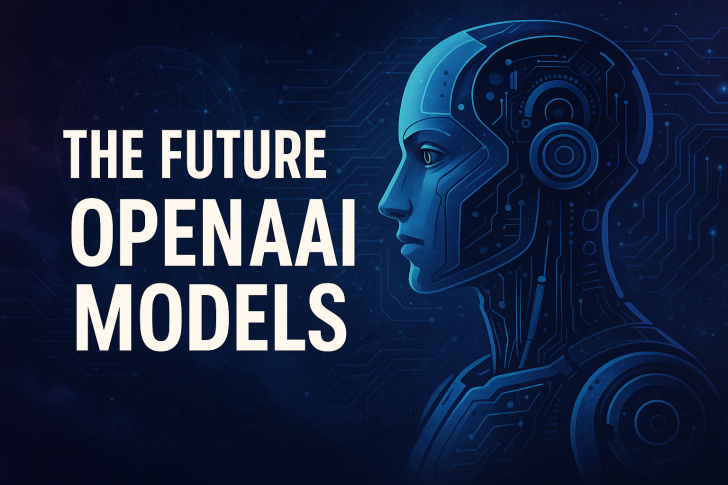The world of artificial intelligence is changing fast. What used to be dominated by a handful of American companies is now becoming a global race, with new players from China and elsewhere stepping up. Meta's Llama models are losing steam, DeepSeek is making waves with impressive results, and smaller, specialized AI systems are gaining traction. This shift matters for anyone building, investing in, or using AI technology.
DeepSeek Is Changing the Game
AI researcher Nathan Lambert recently gave a talk at The Curve where he broke down what's happening in open-source AI right now. He covered the Chinese AI scene, DeepSeek's rapid rise, why Llama is struggling, uncertainty in the U.S. market, and the growing appeal of local models. Here's what's worth paying attention to.
DeepSeek has quickly become a major player in AI benchmarks, especially in reasoning tasks. This Chinese company is proving that you don't need to be based in Silicon Valley to push the boundaries of what's possible. They've focused heavily on making training more efficient and optimizing their architecture, which has helped them compete with—and sometimes beat—Western models. Their success challenges the assumption that AI innovation only happens in the U.S. and shows that smart engineering can level the playing field.
Meta's Llama models were supposed to be the poster child for open AI. When they first launched, people were excited about the possibilities. But that enthusiasm has cooled off. Licensing restrictions made them less "open" than advertised, development slowed down, and the community started losing faith. Now Llama's relevance is fading, leaving a gap in the American open-source ecosystem. The big question is: what comes next to fill that void?
The U.S. Market Is Searching for Direction
With Llama on the decline, there's no clear leader in the U.S. open model space. Lambert highlighted projects like ATOM and AI2 as potential contenders. These aren't trying to build massive general purpose systems. Instead, they’re focused on smaller, more customizable models built around Private AI principles that prioritize privacy, control, and local deployment. They might not grab headlines the way giant frontier models do, but for businesses and developers, they offer something more practical.
 Usman Salis
Usman Salis

 Usman Salis
Usman Salis


